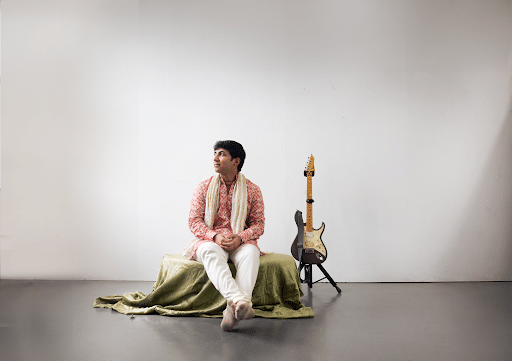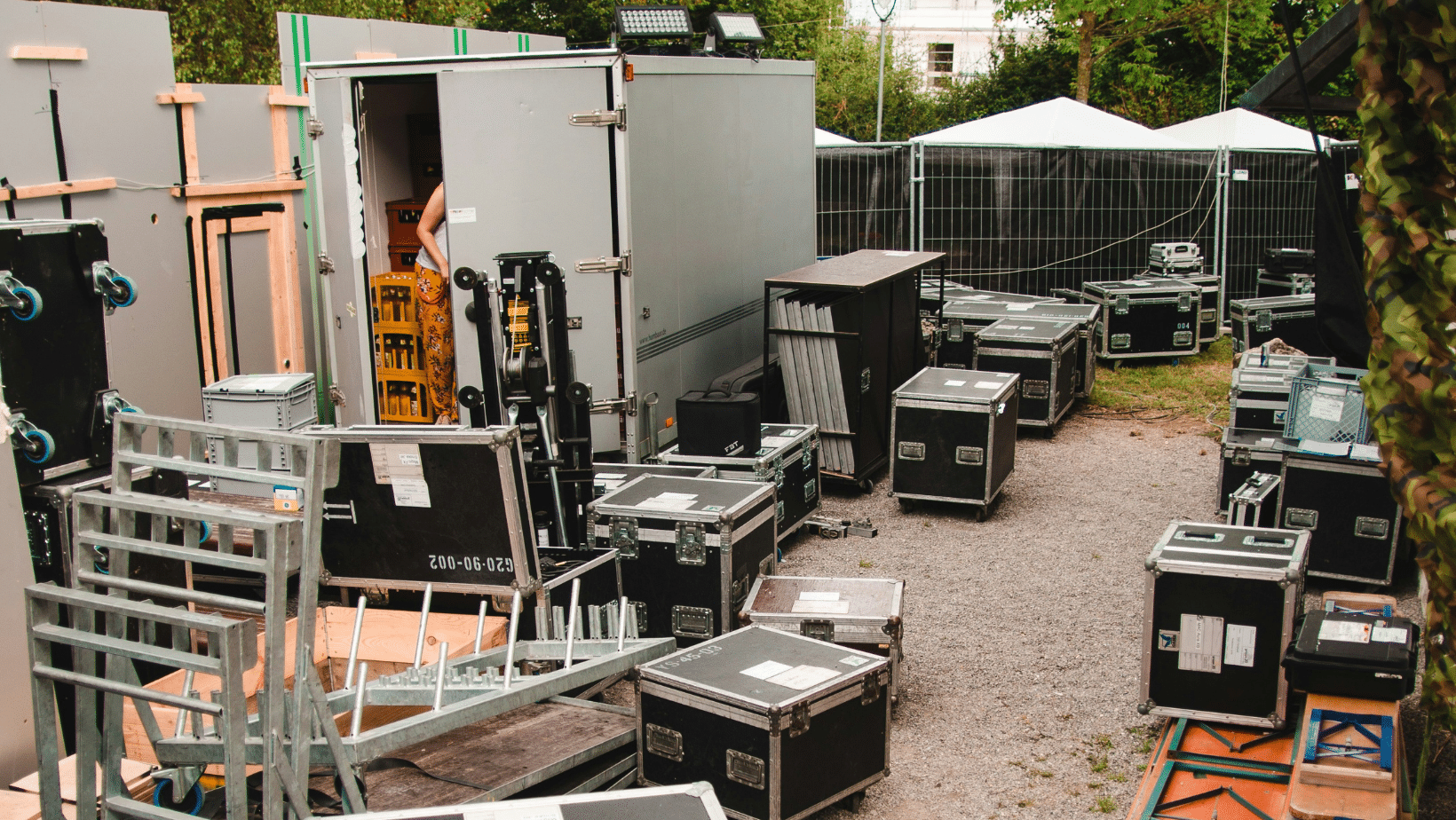“All industries need to create culturally and psychologically safe spaces for their staff.”
Our CEO, Clive Miller, talks to SafeWork NSW about the importance of creating mentally healthy workplaces in the music industry in his role as Ambassador for Mentally Healthy Workplaces.
Working in the music industry creates a unique set of challenges that can significantly affect your mental health and wellbeing, with many music workers experiencing up to ten-times the rate of moderate to severe anxiety compared to the general population.
“There’s a lack of financial security for people operating in the gig economy, which has been further exacerbated by the pandemic,” Clive explains. “Other factors that can impact a person’s mental health include the competitive nature of the industry, fluid work environments, and being away from home, families and other support networks for extended periods.”
Clive started his career in radio and artist management, followed by over 30 years working with not-for-profit organisations such as AIDS Trust of Australia, AUSTCARE, The Fred Hollows Foundation, Yothu Yindi Foundation and Optometry Giving Sight.
“Working for Support Act has allowed me to combine both my professional interests and to work in an area I greatly enjoy. My meeting with the NSW Government was timely as we shared an interest in mental health and they had identified the creative industries as an area of interest, which formed the basis for ongoing discussions and my invitation to become an ambassador.”
A marquee name in supporting musicians
According to Clive, Support Act provides services for people in the music industry through different programs and grants, which help them get through difficult periods.
“Pre-pandemic, we would provide Crisis Relief Grants for people who were injured, unwell, or had a mental health issue that was preventing them from working. In the past couple years that has been expanded to people struggling financially due to the impacts of the pandemic, which is pretty much everyone who relies on live music to generate an income.”
While the music industry comprises various small businesses and sole traders, Clive recognises the importance of providing access to information and resources that are often reserved for larger corporations with more formalised business structures.
“We started with our flagship program, the Wellbeing Helpline. Music and arts workers can call up and speak to a qualified psychologist if they have concerns about their mental health, or need to talk to someone about relationship issues, personal issues, career concerns, and so on.
“We’ve seen a 300 per cent increase in calls to our Wellbeing Helpline since the start of the pandemic and have provided over 2,000 hours of counselling. We have also developed a Workplace Wellbeing Check-in program, which provides counselling sessions and mental health assessments for workplaces – much like the NSW Government’s SafeWork Workplace Pulse Check.”
Innovative industry-wide initiatives
Clive notes that industry-specific organisations and programs can help bridge the gap between wellbeing service providers and the different sectors they serve. “We implement programs specific to the music industry so we can help connect people who know or understand what it’s like to work in this unique environment. This also means we can develop workshops, training and resources that will really resonate with our audience.”
Support Act also offers early intervention programs for maintaining creativity, learning how to develop resilience around stressful situations, how to manage the different aspects of touring and recording, and financial wellbeing workshops.
“With all these different initiatives, it was only natural we’d partner with the NSW Government. They have a wealth of online resources available to refer to, which is a great catchall for other programs that we have or support.”
Building a better music sector
Clive believes a mentally healthy workplace is one that understands the needs and rights of staff and acknowledges mental health’s importance as akin to physical health.
“Organisations need to have policies and practices in place that reflect this attitude and communicate it clearly to staff so everyone understands their rights and responsibilities. All industries need to create culturally and psychologically safe spaces for their staff.”
Clive’s advice to industries is to create awareness about the legal and organisational expectations, ensuring that training and resources are available to help people better understand the importance of maintaining mental wellbeing.
“However, businesses should also look to experts like SafeWork NSW and use their resources – there’s no need to start from scratch. Also, talk and listen to staff directly to understand their needs and find the right tools or policies to help them feel safe in the workplace”.
Want to create a more open, productive, and mentally healthy work environment? There are many useful free resources, including those on the NSW Government website for mental health with free training and practical coaching.



